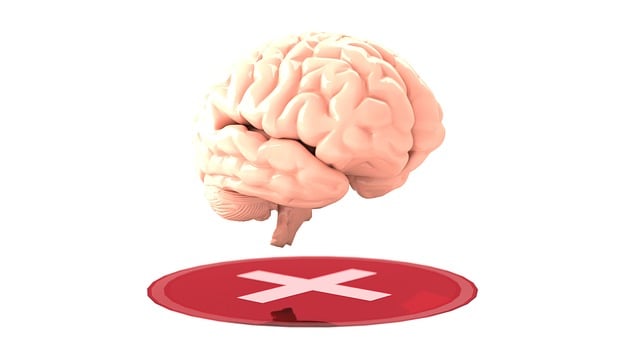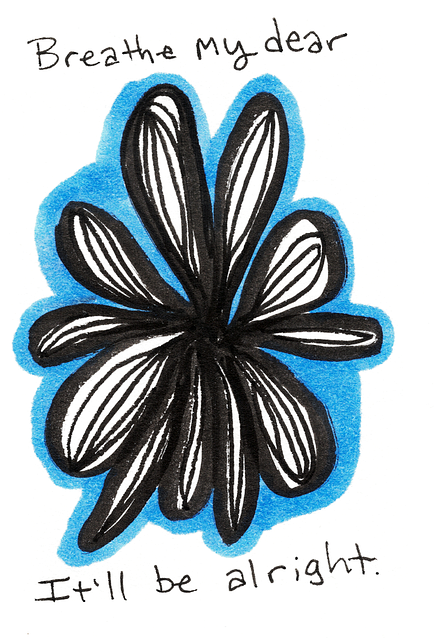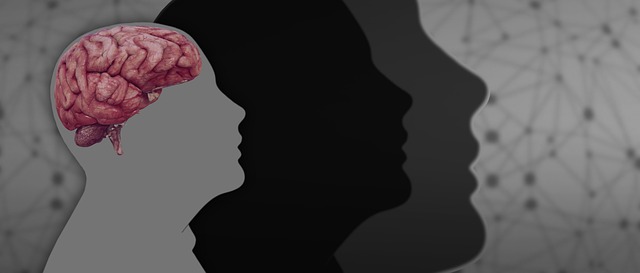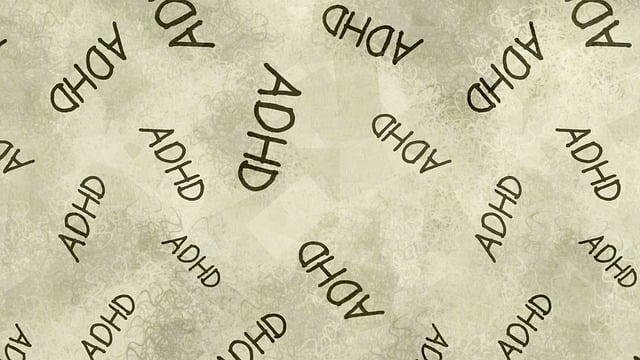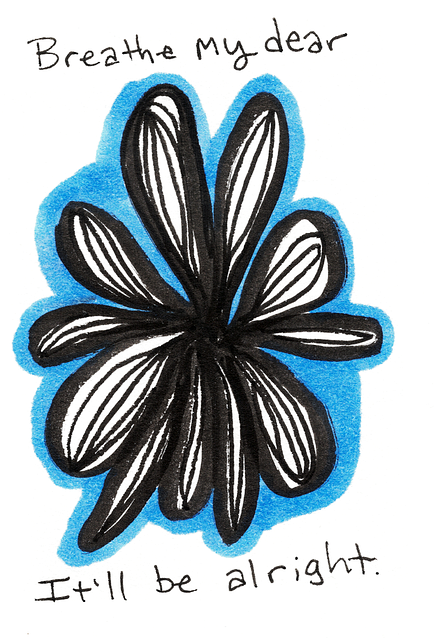In multicultural societies like Littleton, Littleton Russian-speaking therapy is vital for mental healthcare. It addresses cultural challenges through sensitivity, specialized services in Russian, and tailored therapeutic approaches. This model bridges gaps, fosters trust, and encourages open dialogue among Russian-speaking immigrants and refugees. By training practitioners on Russian culture, it ensures safe spaces for processing experiences. Culturally sensitive practices enhance accessibility, inclusivity, and holistic self-care, with policies advocating for diverse mental health services.
In the diverse landscape of mental healthcare, cultural sensitivity is a game-changer. Understanding and addressing cultural nuances can significantly enhance patient outcomes. This article explores key aspects of culturally competent practice, drawing insights from innovative models like the Littleton Russian Speaking Therapy (LRST) approach. We’ll delve into challenges, strategies, and the profound benefits of providing services that resonate with diverse communities, ensuring mental healthcare becomes more inclusive and effective for all.
- Understanding Cultural Sensitivity in Mental Healthcare
- The Littleton Russian Speaking Therapy Model
- Challenges and Barriers to Cross-Cultural Communication
- Strategies for Culturally Competent Practice
- Benefits of Culturally Sensitive Mental Healthcare Services
Understanding Cultural Sensitivity in Mental Healthcare

In the realm of mental healthcare, cultural sensitivity is a cornerstone of effective treatment. It involves recognizing and respecting the diverse beliefs, values, and practices that shape an individual’s experience with mental health issues. This is particularly relevant in multicultural societies like Littleton, where Russian-speaking communities may face unique challenges accessing services tailored to their linguistic and cultural needs. For instance, a Russian-speaking therapist specializing in these areas can provide a safe space, employing empathy building strategies and compassion cultivation practices to bridge the gap between cultural differences and therapeutic goals.
Cultural sensitivity goes beyond mere comprehension; it necessitates adapting therapeutic approaches to align with clients’ cultural frameworks. This may include incorporating traditional healing methods or adjusting communication styles to foster trust and understanding. For example, Russian-speaking therapy services in Littleton can offer a culturally competent approach, ensuring patients feel seen, heard, and respected throughout their mental healthcare journey. By integrating empathy building strategies into practice, therapists cultivate an environment that encourages open dialogue and empowers individuals to seek support without barriers.
The Littleton Russian Speaking Therapy Model

The Littleton Russian Speaking Therapy Model is a pioneering approach within mental healthcare, designed to address the unique needs of Russian-speaking individuals seeking therapy. This model recognizes the cultural and linguistic barriers often faced by immigrants and refugees, ensuring they receive tailored support. By offering specialized services, such as trauma support, coping skills development, and mental health education programs, this initiative aims to bridge the gap between cultural identities and effective treatment.
The model’s success lies in its comprehensive approach, which involves not only providing therapy in Russian but also educating practitioners about Russian culture and customs. This enables therapists to offer sensitive and culturally competent care, fostering a safe and supportive environment for clients to process their experiences and emotions. As a result, the Littleton Russian Speaking Therapy Model has become a game-changer, ensuring that mental healthcare is more inclusive and accessible to this specific community.
Challenges and Barriers to Cross-Cultural Communication

Cultural sensitivity is a cornerstone in mental healthcare, yet navigating cross-cultural communication presents unique challenges. One significant barrier is language differences, as seen in diverse communities like Littleton’s Russian-speaking population who may turn to Russian speaking therapy services for support. Effective communication requires more than translation; it involves understanding cultural nuances, idiomatic expressions, and non-verbal cues that can be lost in translation. This complexity often leads to miscommunication or misunderstandings, hindering the therapeutic process.
Additionally, historical and cultural trauma can create barriers. Many individuals from diverse backgrounds carry the weight of collective trauma, which may manifest during therapy sessions. For example, refugees or immigrants might relive past traumas related to their countries of origin, impacting their ability to open up and engage in therapy. Providing Trauma Support Services that are culturally sensitive and safe spaces is essential in addressing these challenges. Incorporating methods like those found in the Mental Wellness Podcast Series Production can help bridge cultural gaps by offering accessible resources that cater to diverse needs, promoting understanding, and ultimately enhancing stress reduction methods within these communities.
Strategies for Culturally Competent Practice

Incorporating cultural sensitivity into mental healthcare is paramount to providing effective treatment. One key strategy involves learning and adapting to clients’ linguistic needs, such as offering Littleton Russian Speaking Therapy services to cater to a diverse community. Understanding cultural nuances enables therapists to create a safe and comfortable environment, fostering open communication. By embracing different belief systems and values, healthcare providers can respect clients’ unique perspectives on mental health and well-being.
Additionally, promoting emotional regulation and self-care practices is essential for culturally competent care. Teaching clients coping mechanisms that align with their cultural contexts can enhance their ability to manage stress and emotions. Encouraging participants in therapy groups from similar backgrounds to share experiences and strategies builds a sense of belonging and encourages the adoption of healthy habits. Moreover, implementing burnout prevention strategies for healthcare providers is vital to ensure therapists remain resilient and able to offer consistent care over time.
Benefits of Culturally Sensitive Mental Healthcare Services

Cultural sensitivity in mental healthcare services offers a myriad of benefits, enriching both the therapeutic process and client outcomes. By incorporating insights from clients’ cultural backgrounds, therapists create a safe and supportive environment that respects and values diversity. This approach facilitates better understanding, communication, and trust between therapist and client, especially for communities like Littleton Russian Speaking Therapy, where language and cultural barriers can often hinder access to care.
Moreover, culturally sensitive practices promote effective treatment tailored to individual needs. They encourage the development of self-care routines that integrate traditional healing methods alongside evidence-based practices, enhancing clients’ overall well-being. This holistic approach, combined with advocacy for mental health policies that reflect cultural diversity (Mental Health Policy Analysis and Advocacy), fosters better access to care and improved outcomes, particularly for marginalized communities. Incorporating self-awareness exercises further strengthens this framework by enabling therapists to recognize their own biases and respond sensitively to clients’ unique backgrounds.
In conclusion, cultural sensitivity in mental healthcare is essential for providing effective and inclusive services. As illustrated by the Littleton Russian Speaking Therapy Model, integrating cultural considerations into practice can significantly enhance patient outcomes. By recognizing and addressing challenges in cross-cultural communication, and adopting strategies to foster cultural competence, healthcare providers can create a more welcoming environment. This approach not only benefits diverse communities but also enriches mental healthcare overall, ensuring that services are sensitive, accessible, and beneficial to all.

